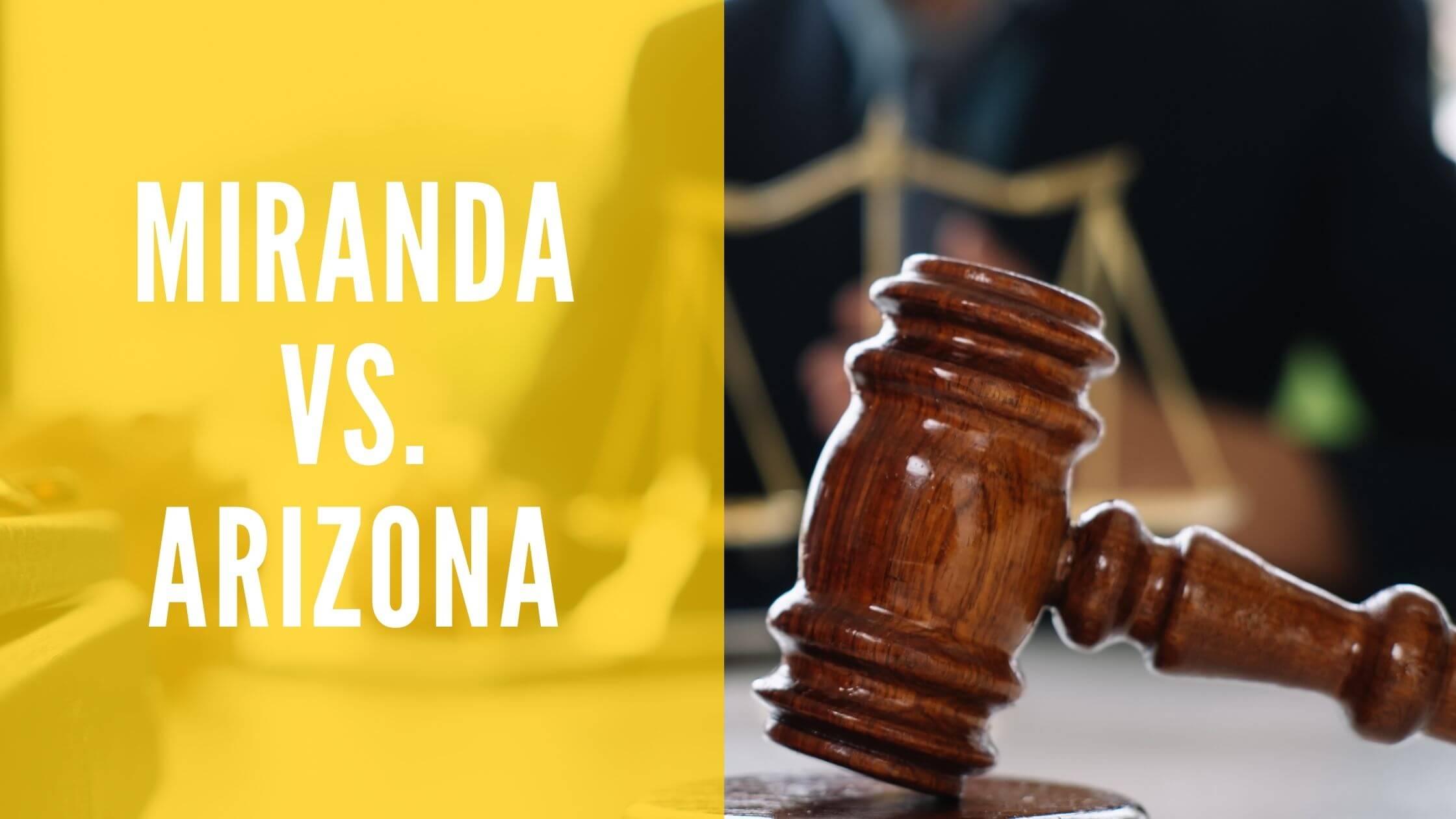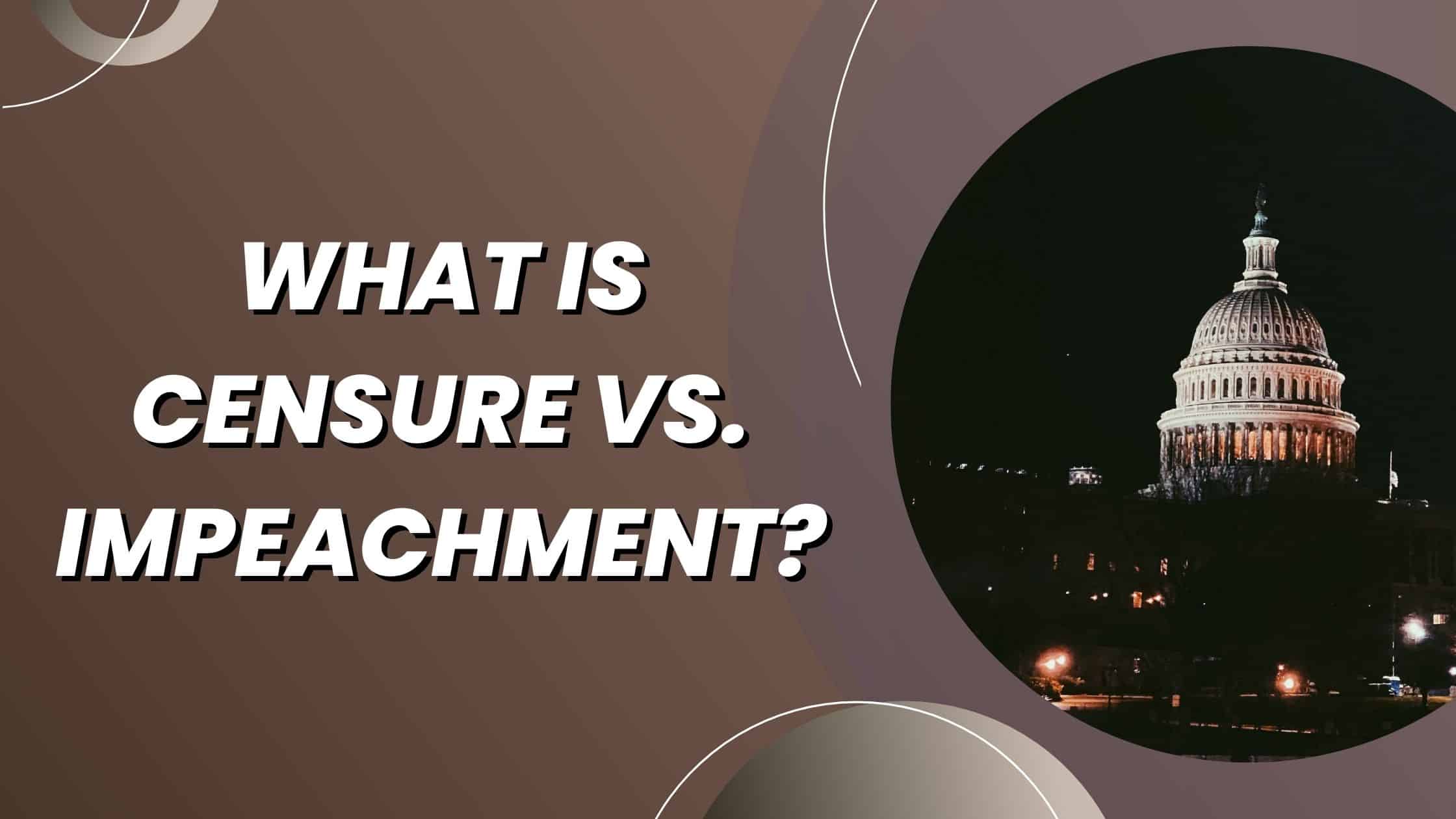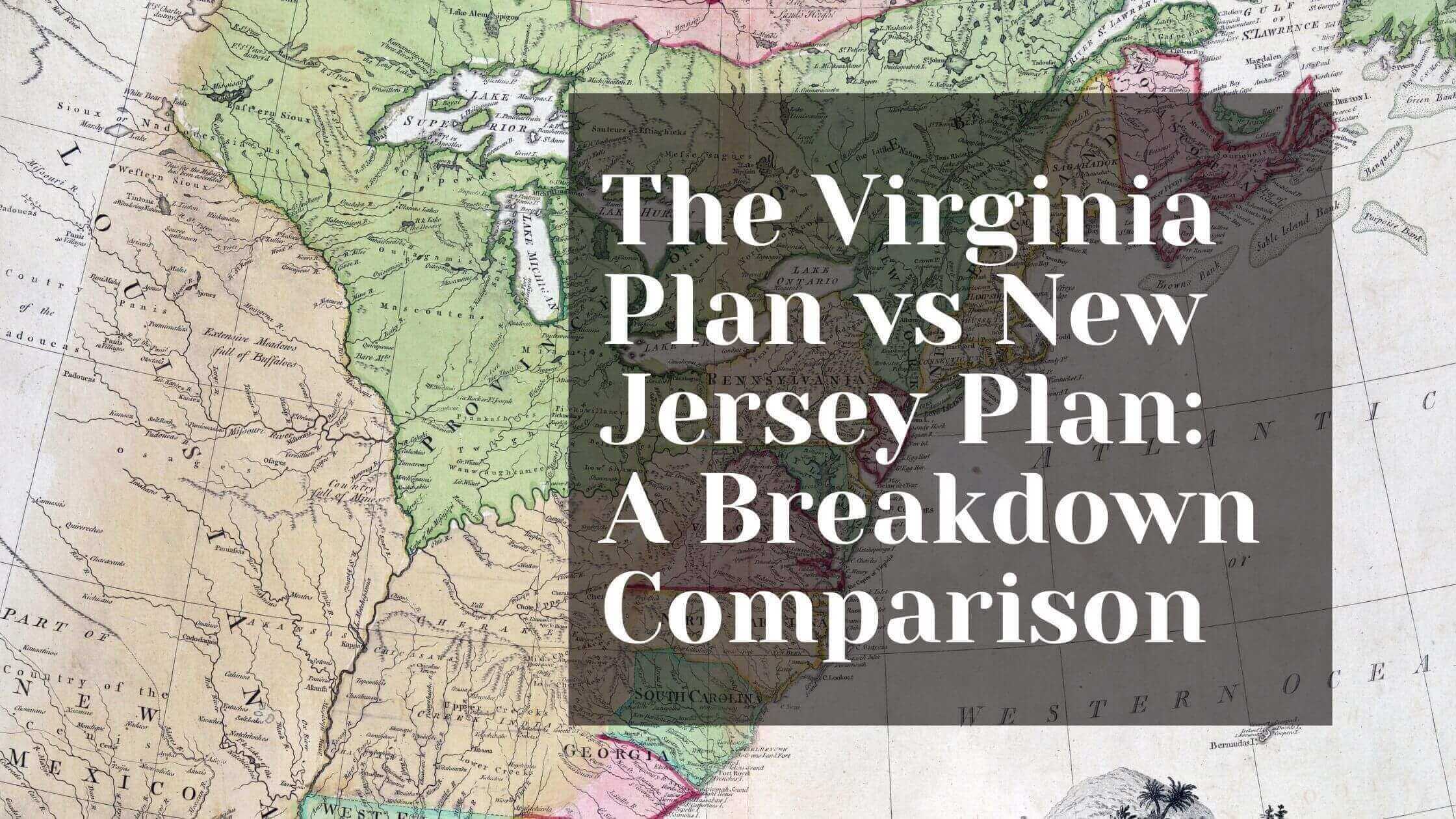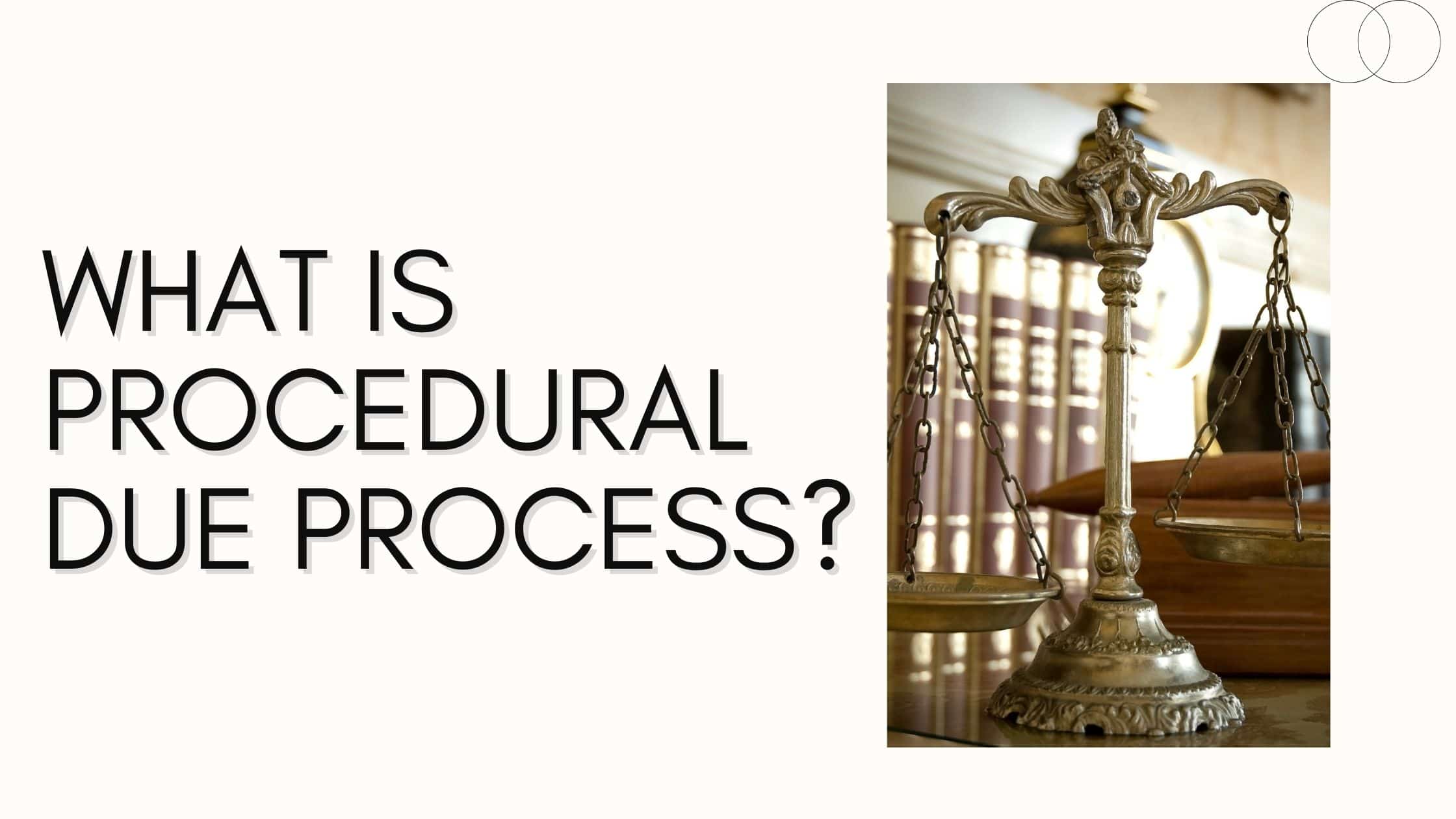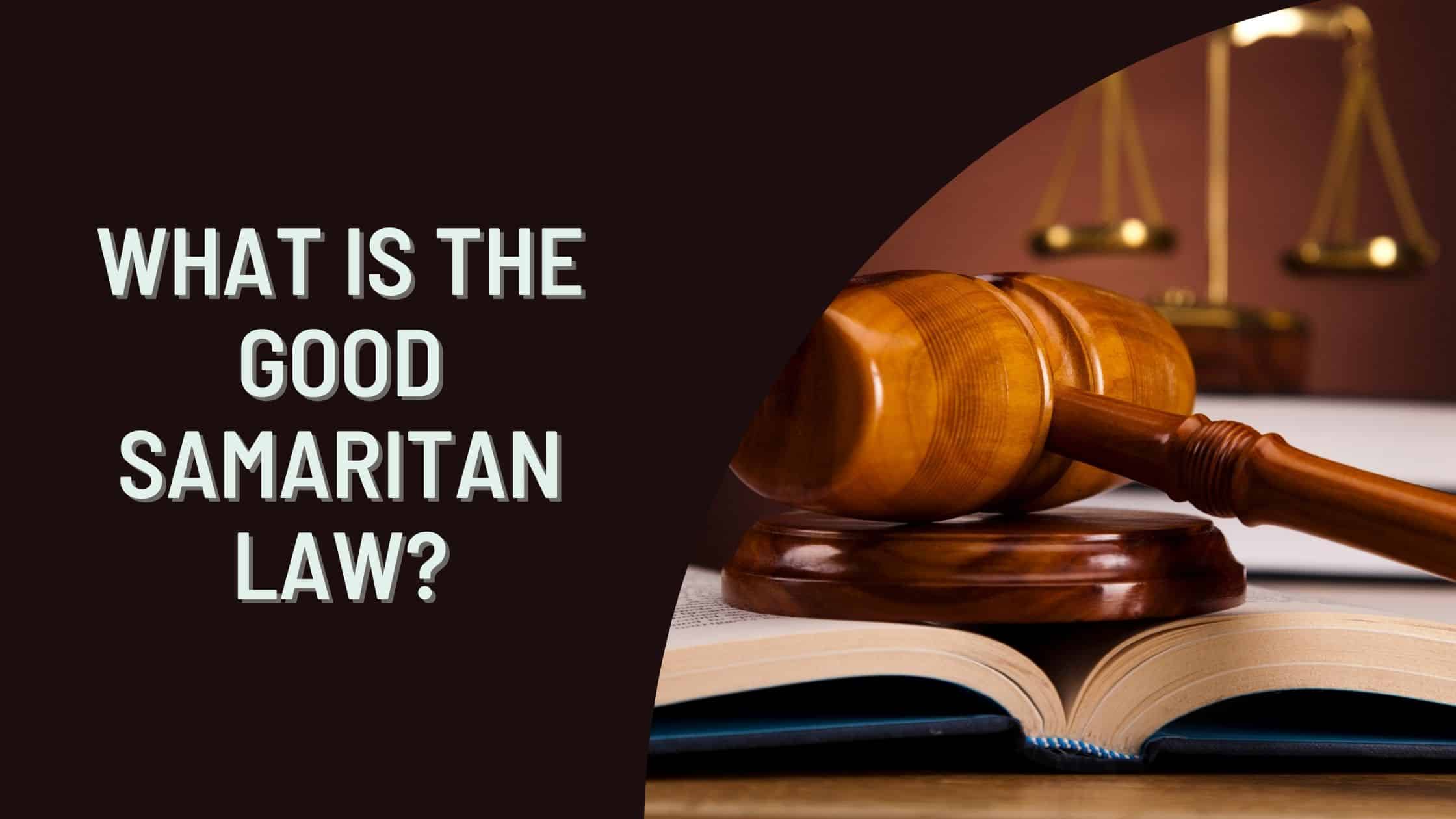Table of Contents
ToggleSources
- https://www.oyez.org/cases/1789-1850/17us316
Oyez is a reliable source for Supreme Court cases, providing detailed information about McCulloch v. Maryland, including the case background, arguments, and the Court's ruling. - https://www.law.cornell.edu/supremecourt/text/17/316
Cornell Law School's Legal Information Institute offers the full text of the McCulloch v. Maryland decision, making it an authoritative source for understanding the legal reasoning behind the ruling. - https://www.history.com/topics/united-states-constitution/mcculloch-v-maryland
History.com provides a comprehensive overview of the McCulloch v. Maryland case, its historical context, and its long-term impact on federal power, making it a useful source for understanding the broader significance of the case. - https://www.archives.gov/milestone-documents/mcculloch-v-maryland
The National Archives offers primary source documents and analysis related to McCulloch v. Maryland, providing authoritative insight into the case's role in shaping federal-state relations. - https://www.britannica.com/event/McCulloch-v-Maryland
Encyclopaedia Britannica provides a concise yet detailed summary of the case, its legal arguments, and its implications, serving as a reliable reference for key facts and interpretations.
Key Points
- The US Constitution provides a blueprint for governance, balancing specific powers with general principles to allow for government expansion.
- The creation of the First and Second Banks of the United States sparked debates over federal authority, leading to the landmark case McCulloch v. Maryland.
- Loose constructionists, like Alexander Hamilton, supported a broad interpretation of the Constitution to justify the national bank, while strict constructionists, like Thomas Jefferson, opposed it.
- The Necessary and Proper Clause was central to the case, with the Supreme Court ruling it allowed Congress to create laws aiding its enumerated powers, like establishing a national bank.
- The Supremacy Clause was upheld, establishing federal laws as supreme over state laws, preventing states from taxing or impeding federal institutions like the national bank.
- The 10th Amendment was contested, with states arguing for their sovereignty, but the Court ruled that the people, not the states, hold ultimate sovereignty under the Constitution.
- Chief Justice John Marshall's ruling in McCulloch v. Maryland affirmed the constitutionality of the national bank and limited state interference with federal institutions.
- The case set a precedent for federal supremacy over states, influencing future legislation and conflicts, including the nullification crisis and the Civil War.
- McCulloch v. Maryland expanded federal power, providing the flexibility needed for the U.S. to grow into a global economic and political power.
- The ruling's legacy includes upholding federal authority and enabling critical infrastructure projects financed by the national bank.
Summary
The blog post examines the landmark Supreme Court case *McCulloch v. Maryland* (1819), which centered on the constitutionality of the national bank and the balance of power between federal and state governments. The Court's ruling, favoring a broad interpretation of the Necessary and Proper Clause, upheld federal authority to establish the bank and barred states from taxing or interfering with federal institutions. This decision reinforced federal supremacy, shaped the expansion of U.S. government power, and set a lasting precedent for interpreting constitutional flexibility.
An Expansion of Federal Power
The US Constitution is one of the oldest constitutions in the world, providing an effective blueprint for republican governance in America for almost 250 years. It masterfully combined a concise list of specific governmental powers and general principles, creating a limited government with the ability to expand or evolve as needed. Just how much leeway the US Constitution gave the federal government to develop and expand its powers was one of the most significant controversies that dominated early American politics.
The creation of a national bank, the First Bank of the United States, became the single greatest issue to crystallize the debate over the federal government’s authority. Founded in 1791 and viewed by many as a necessary stabilizing force for the country, which faced economic hardship after the Revolutionary War, many questioned its constitutionality.
McCulloch v. Maryland arose out of this debate, which intensified after a second national bank was chartered in 1816 after the first national bank’s charter expired.
Loose constructionists, led by Alexander Hamilton, possessed a broad interpretation of the constitution and favored the creation of a national bank. Strict constructionists, led by Thomas Jefferson, maintained a literal view of the constitution and opposed the creation of a national bank. Ultimately, the United States Supreme Court would decide the issue in its landmark case, McCulloch v. Maryland.
Case Background
After the creation of the Second Bank of the United States, many states passed laws impeding its operations or taxing individual branches of the bank located within their jurisdiction. In 1818, the Maryland state legislature passed a $15,000 annual tax on any bank operating in its borders that issued currency without being properly stamped by Maryland’s state treasury department. James McCulloch, a cashier at the Baltimore branch of the Second Bank of the United States, refused to pay the tax and issued unstamped banknotes.
McCulloch was sued and fined $110 for issuing unstamped currency, with the ensuing lawsuit upheld in court on the grounds that McCulloch had directly violated state law. Eventually, the case reached the Maryland Court of Appeals, where the state argued that the creation of a national bank was unconstitutional without explicit authorization by the constitution. The appellate court upheld the lawsuit, which was then appealed to the Supreme Court.
Necessary and Proper Clause
The Necessary and Proper Clause was at the heart of the debate over the Second Bank of the United States, which gave Congress the authority to pass any “necessary” and “proper” legislation needed to carry out its powers. Loose constructionism, the view endorsed by the defense, held that this clause authorized Congress to pass any law helping it to enforce its specified powers. Although the constitution did not expressly give Congress the authority to create a national bank, its creation was a “necessary” law to aid in collecting taxes, which was a power granted by the constitution.
Strict constructionism, the view endorsed by the state of Maryland, opposed the establishment of the national bank because the constitution did not give the federal government the authority to create one. It held that the “necessary” and “proper” provision only referred to laws that were in conjunction with the enumerated powers of Congress only. Also, because the creation of a national bank was not absolutely necessary to collect revenue, it was not permitted by the constitution.
Supremacy Clause
Another issue at large during this legal dispute was the Supremacy Clause of the US Constitution, contained under Article 6, Section 2. The Supremacy Clause established the United States Constitution as the supreme law of the land. Although possessing large amounts of freedom to govern themselves, States were ultimately in subjection to all federal constitutional power and were prohibited from interfering with this power.
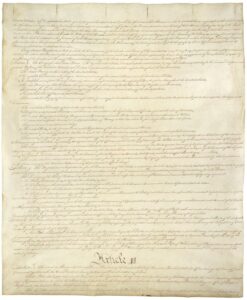
The defense argued that the laws passed by the state of Maryland directly interfered with the exercise of federal constitutional authority – the national government’s collection of revenue in this case. The national bank was established by federal law and could not be hindered by state power. The state of Maryland again contended that this argument was invalid because the national bank was not constitutional and thereby not a legitimate source of federal oversight.
10th Amendment
The 10th Amendment assigns all powers not given to the federal government or prohibited to the states, to the states themselves. Again, the state of Maryland viewed any form of governmental banking as a state responsibility since it wasn’t an enumerated power of Congress. The defense argued that it was a federally sanctioned power established by the Necessary and Proper Clause and, therefore, could not be prevented by the state.
Another issue arising from the 10th Amendment was the standard view that since the states had ratified the constitution, they were the final authority on all matters of law. Many states viewed the 10th Amendment as the written proof of this final authority over the federal government. The 10th Amendment, in their minds, trumped both the Necessary and Proper Clause and the Supremacy Clause in priority.
Court Ruling
The Supreme Court unanimously ruled against the state of Maryland and upheld the constitutionality of the Second Bank of the United States. It also ruled that the states could not tax the bank or impede its operations in any other way. The ruling was written by Chief Justice John Marshall, who supported the court’s decisions with several main arguments.
Historical Precedent
Justice Marshall argued the precedent created by the formation of the First Bank of the United States helped establish the constitutionality of the Second Bank of the United States. Although there was a significant dissenting voice during the debates over its original creation, Congress ultimately deemed it an appropriate measure.

Get Smarter on US News, History, and the Constitution
Join the thousands of fellow patriots who rely on our 5-minute newsletter to stay informed on the key events and trends that shaped our nation's past and continue to shape its present.
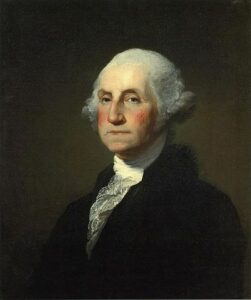
He also noted that the approval of the national bank by President George Washington, an incredibly talented and respected leader, as well as many other respected governmental leaders at that time, gave it legitimacy.
Limitations of State Sovereignty
Marshall expounded that the concept that states have ultimate sovereignty over the constitution and the federal government was not a valid argument because the people ratified the constitution. As a result, the people maintained sovereignty over the federal government, not the states. The authority of the federal government could only be challenged, altered, and amended by the people through their national representatives since the people empowered it.
Context & Meaning of Necessary and Proper Clause
The Justice expressed a loose constructionist view of the constitution, holding that Congress could pass any legislation to assist it in exercising its enumerated powers, as long as the constitution did not specifically prohibit it. He rejected the state of Maryland’s narrow view of the Necessary and Proper Clause that held that only laws absolutely necessary to the execution of the enumerated powers of Congress could be passed. Noting, that such a restricted view of the Necessary and Proper Clause would render it powerless, eliminating its intended purpose.
Marshall supported these conclusions by noting that the Necessary and Proper Clause was placed in the section of the constitution listing Congress’s powers, proving that it was a clarification of authority, not a restriction of power.
Also, the clause’s placement directly after these powers implied that it referred to additional provisions related to but different from the previous ones. As long as the legislation passed had its end goal, the furtherment of Congress’s constitutionally delegated power, the law was acceptable.
Supremacy Clause v. State Control and Taxation
After fully establishing the legitimacy of the Second Bank of the United States, Marshall ruled that states could not attempt to control or restrict it. Because the national bank was a legitimate, federally established institution, any form of interference represented a direct violation of the Supremacy Clause. Also, any form of taxation was prohibited since taxation could easily hinder and even destroy an institution, making it a violation of the Supremacy Clause.
Legacy of McCulloch v. Maryland
McCulloch v. Maryland is one of the most significant Supreme Court cases in the history of the United States, firmly establishing the federal government’s preeminence over individual state governments and expanding the scope of federal power. It gave the early American republic the flexibility to expand and evolve into a worldwide economic, political, and military power. It is the constitutional basis for much of the legislation passed today and continues to dictate governmental policy.

In the short term, McCulloch v. Maryland preserved the Second Bank of the United States, a vital stabilizing economic force in the aftermath of the War of 1812 that helped finance sorely needed internal improvements such as roads, canals, and bridges.
15 years after its ruling, McCulloch v. Maryland was also instrumental in undermining the legal arguments put forth by the state of South Carolina during the nullification crisis, when South Carolina tried to invalidate a federal tariff law. Even more significantly, it invalidated the Confederacy’s legal arguments as it attempted to leave the Union during the Civil War.
McCulloch v. Maryland Quiz
Frequently Asked Questions
What was the main controversy surrounding the creation of the First and Second Banks of the United States?
What was the significance of the Necessary and Proper Clause in McCulloch v. Maryland?
How did the Supreme Court rule in McCulloch v. Maryland regarding state taxation of federal institutions?
What was the long-term impact of McCulloch v. Maryland on federal power?
How did Chief Justice John Marshall justify the constitutionality of the national bank in McCulloch v. Maryland?
How useful was this post?
Click on a star to rate it!
Average rating / 5. Vote count:
No votes so far! Be the first to rate this post.
We are sorry that this post was not useful for you!
Let us improve this post!
Tell us how we can improve this post?

